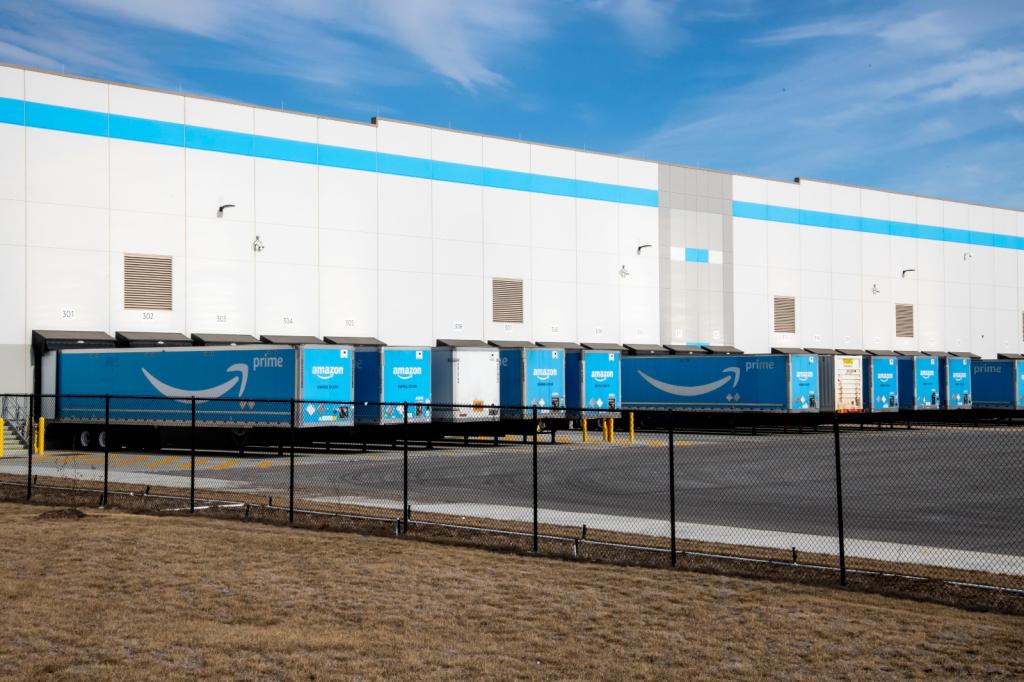It’s Friday, October 19, and Boston is finally looking ahead.
![]()
Boston Mayor Marty Walsh recently unveiled a new plan to protect Beantown from sea-level rise.
The “Resilient Boston Harbor” draws on flood maps and coastal resilience studies to protect the most flood-vulnerable regions of the city. Unlike say Boston’s Big Dig, this project won’t be an eyesore: It will add 67 acre of green space to Boston’s 47-mile shoreline.
“We’re not just planning for the next storm we’ll face, we’re planning for the storms the next generation will face,” Walsh said. So great to see Bostonians move past the Revolutionary War (after only 235 years!) and start thinking about their future.
The final price tag on the plan is TBD, but the mayor plans to commit $16 million annually. He told WBUR that even if it takes $160 million to make East Boston more resilient to flooding, it could prevent $450 million in damages.
So way to go, Beantown! You’re on to new, drier grounds! Here’s to hoping the next generation of Boston schoolchildren be subjected to hours of Revolutionary War reenactments along a beautiful, green shoreline.

The Smog
Need-to-know basis
A group of 21 kids claims that the U.S. government is violating their constitutional rights and putting their lives at risk by failing to act on climate change. The group filed the lawsuit in 2015, and now a district court is only one week out from potentially hearing this landmark environmental case. Yet for the second time in three months, the Department of Justice has asked the Supreme Court to halt the case, claiming “harm from the cost of litigation.”
![]()
While the Department of Justice dodges this GenZ climate case, President Trump is trying to dodge the topic altogether. In an interview on “60 Minutes” with Lesley Stahl, he expressed skepticism about climate change being caused by humans. Cue the American Meteorological Society, which stepped up to offer the president some education. In a letter, the prominent scientific group explained that the evidence for anthropogenic climate change has “undergone rigorous testing and has overcome all credible challenges.”
![]()
Attention all Mad Max fans: The water wars are coming to a dystopia near you. A major new report has identified areas where water scarcity will likely give rise to heightened geopolitical conflicts. The authors found that tensions will be particularly high in areas where there is a shared political boundary, including the Nile, Ganges-Brahmaputra, Indus, Tigris-Euphrates, and Colorado rivers.
![]()
On a more positive note …
Seattle readers! Ampersand LIVE is back! Join us October 25 at the Moore Theater for an evening of storytelling and celebration of all things edgy, nerdy, quirky and wonderful about the Pacific Northwest. Tickets and more information can be found here.




